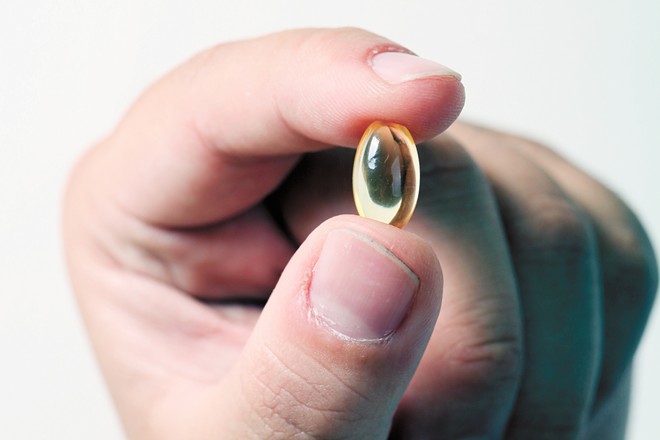I
n most cases people get enough vitamin B-12 (cyanocobalamin) from their diets. B-12 is found in red meat, organ meats, clams, fish and in some fortified foods such as cereals, yeast and milk. But a deficiency in B-12 can occur, and when it does, there can be serious consequences. Vegans or vegetarians are probably at some risk of B-12 deficiency, as are elderly individuals. Additionally, taking the medication metformin or long term use of common acid-suppressing drugs including esomeprazole (Nexium), lansoprazole (Prevacid) or omeprazole (Prilosec) may in some cases result in B-12 deficiency. There are also other causes for B12 deficiency, notably a condition called pernicious anemia that occurs when the individual is unable to make a substance called intrinsic factor that's responsible for gastrointestinal absorption of vitamin B-12. Untreated pernicious anemia can be fatal.Signs and symptoms of vitamin B-12 deficiency are sometimes stealthy and can include physical ailments like lack of energy, heart problems, and neuropathy (tingling or numbness in the extremities), but also mental health symptoms like confusion or delusions.
If you are concerned you may have a B-12 deficiency, you can take an over-the-counter sublingual (under the tongue) supplement or a nasal formulation. However, in many cases it is best to talk to your health care provider about blood work to assess your B-12 levels and to make sure you are not anemic.
John R. White is the chair of the Department of Pharmacology at WSU College of Pharmacy and Pharmaceutical Sciences based in Spokane.


